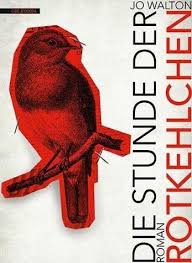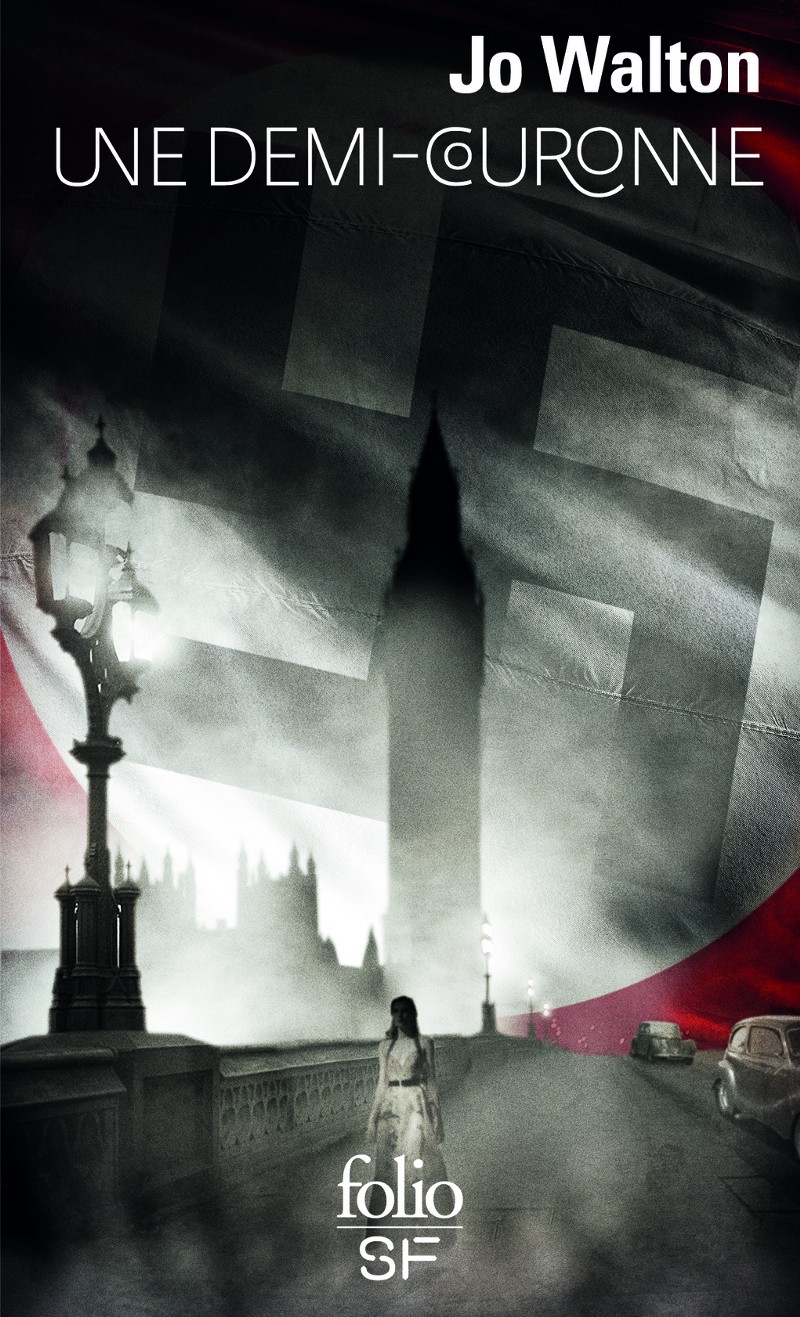Lisanne Norman said on a panel at Convocation in 1997 that writers should watch people playing tabletop fantasy roleplaying games like Dungeons and Dragons to learn how to write fantasy. Steve Brust and I both immediately disagreed with her so strongly that the ground where she was sitting is still smoking.
The reason we disagreed with her is because roleplaying games, and roleplaying worlds, are by their nature derivative — and this is a good thing. It’s a good thing for the game because the more it is set in Fantasyland, the easier it is for the players to get into character and the less they have to ask about stuff. (There are certainly games which are not set in generic fantasyland, which is more work for GM and players, but they’d be even more useless for a writer to watch unless the writer was planning to set something in that specific world.) If you watch a game set in Fantasyland, even a very good game where the players are really in character, you’re watching people playing in Fantasyland while manipulating a set of rules intended to help them simulate stories of generic fantasy. Doing this is going to help you produce boring cliched derivative fantasy.
There are things I learned from roleplaying that made me a better writer, but they’re not what you’d think.
In a roleplaying game (RPG) the players play the characters and the Games Master (GM) plays everything else — the world, the weather, all the other people in the world. It’s like improv theatre or a game of let’s pretend with a referee and a set of rules. I didn’t learn anything about writing from being a player, though I had fun. I did learn one thing from writing RPGs, which was how to finish a long project. Any long non-fiction writing would have been as useful. Actually, I also learned how to write non-fiction to deadline — but I learned that just as much from the weekly events guide I worked on.
The useful things I learned were from GMing.
The first thing was the awareness of what keeps the players engaged, what makes them care or stop caring, how what they know affects everything. When I write, I try to keep in mind where the reader is standing in relation to these things. GMing helped me learn better incluing, better set up, and especially better peril.
Peril — character peril, world peril — is a chancy thing. You need to feel — the player or reader needs to feel — that the characters have something to lose, that things matter. The easy way to do that is to set them in peril, and the peril itself will make people interested. But there’s a kind of peril inflation that can set in, where greater and greater things have to be stake before anyone will care. I’m glad I learned this in games and not on the page. There’s a related thing where the players or readers don’t want bad things to happen, but they have to really buy into the good things — you have to make it plausible. If you keep bringing people back from the dead, death loses its sting. Happy endings have to be earned. There’s a whole set of things I file under “peril”, and they’re useful tools to have. And having players right there lets you experiment on them and learn how people react to kinds of things. If I have any feel for how to make readers feel engaged and how to set the stakes, this is why.
The other thing has to do with story shaping and pacing. I learned how to write long non-fiction pieces writing GURPS Celtic Myth. I learned how to tell a long story with subplots and have it all come together by running a long campaign. I learned how to pace an evening and a whole story, what a climax is for, and just a whole lot about the kind of ways stories get shaped. Now this was with stories as derivative and predictable and third hand as the stuff I was talking about at the beginning. I have a theory that genre expectations and expected story shapes have a lot of weight, it’s hard to go against them. But the technical stuff of pace and story and climax building towards an earned ending was immensely useful.
The other thing it gave me was confidence. You can’t go back and change anything in a game. The characters will do what they want to, not what you want them to. But I remember thinking at the end of my Everway campaign, the one where James’s character had become an evil god, that if I could run a campaign like that over an academic year and have everything come together at the end the way it did, in the last session, then I could surely write a novel where the characters would be under my control and I could go back and put things in early on if I realised too late that I needed them to be there. I was wrong, of course, I wasn’t yet really up to it, but really even false confidence can be useful.



